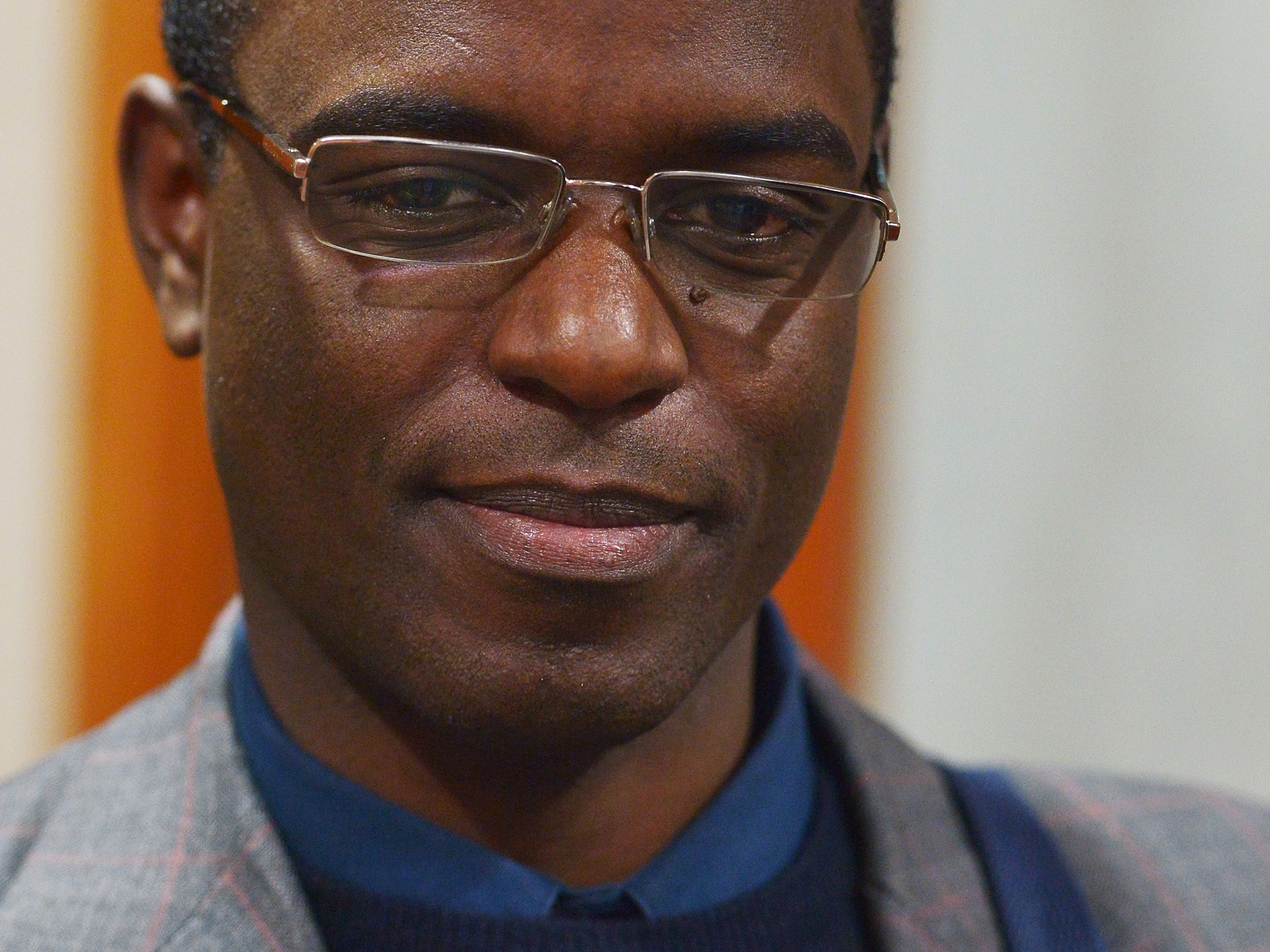'Out and proud': the man taking on the world's worst homophobes
A new law in Uganda will ban activists from speaking out, making their fight even harder

Your support helps us to tell the story
From reproductive rights to climate change to Big Tech, The Independent is on the ground when the story is developing. Whether it's investigating the financials of Elon Musk's pro-Trump PAC or producing our latest documentary, 'The A Word', which shines a light on the American women fighting for reproductive rights, we know how important it is to parse out the facts from the messaging.
At such a critical moment in US history, we need reporters on the ground. Your donation allows us to keep sending journalists to speak to both sides of the story.
The Independent is trusted by Americans across the entire political spectrum. And unlike many other quality news outlets, we choose not to lock Americans out of our reporting and analysis with paywalls. We believe quality journalism should be available to everyone, paid for by those who can afford it.
Your support makes all the difference.Frank Mugisha is gay.
As a leading gay rights activist in Uganda, he receives daily death threats. His face is splashed across the tabloid newspapers. He is, if they are to be believed, “evil” and “shameless”.
Violence towards gay people is actively encouraged. But he feels no fear. “How can I feel afraid?” he says. “The threats are so frequent that it’s laughable – I don’t have time to notice any more because I have to get on with my work.”
But he is still scarred by the murder of his friend and colleague David Kato, who was bludgeoned to death in 2011 after suing a local newspaper. The now defunct Rolling Stone (unrelated to the US music magazine) had published photographs of Mr Kato and others thought to be gay. The headline was a simple and chilling call to arms. “Hang them,” it read.
A few days ago, history came dangerously close to repeating itself, when another friend and colleague, Kelly Daniels Mukwano, was attacked by a violent mob in his own home. “It was brutal,” recalls Mr Mugisha. “They were not robbers – nothing was taken from the house. It was just some people from the community who had heard that he was gay and wanted to punish him for it.”
A fellow human rights campaigner, Mr Mukwano is said to be recovering in a Kampala hospital. He was lucky to survive, and Mr Mugisha’s co-workers say word had been spread about his sexuality. “He was receiving verbal abuse on his way home from work that day,” says Mr Mugisha.“I had hoped that the situation was improving but we have still seen 164 cases of violence within a period of only four months. It is increasingly dangerous to be gay and live in Uganda.”
A Nominee for this year’s Nobel Peace Prize, Mr Mugisha has dedicated his life to campaigning for equal human rights for LGBTI (lesbian, gay, bisexual, transgender and intersex) people in Uganda.
As director of the country’s leading gay rights coalition, Sexual Minorities Uganda, he travels extensively to raise awareness of and gain support for decriminalising homosexuality in African countries.
By speaking to foreign governments, Mr Mugisha hopes to encourage international pressure on Uganda until equality is reached. The US has already agreed to cut aid to the country, and Sexual Minorities Uganda achieved a huge victory this summer when the country’s Anti-Homosexuality Act was nullified. But the success was short-lived.
Similar legislation under a new name, the Prohibition of Unnatural Sexual Practices Bill, will criminalise people who own property in which “unnatural sexual practices occur”. It puts landlords and families who house LGBTI people at risk. If the motion is passed, it could make thousands homeless. To make matters more difficult for campaigners, the new bill states that activism and advocacy of homosexuality will be also be outlawed. Mr Mugisha and his colleagues could be arrested and face up to seven years in prison for what the government terms the “promotion” of homosexuality.
Raised in a strict Catholic family, Mr Mugisha believes that Uganda’s high regard for religion is largely to blame for its nationwide homophobia. “Religion is such an important part of our culture that anything said by a religious leader is very much respected. And then we have extreme leaders who are preaching a lot of hatred out of insecurity.”
For the very few Ugandans like Mr Mugisha who are open about their homosexuality, every day presents a new security risk. “When people attack homosexuals in the street and in their homes, they really believe they are doing something moral and just – that it’s God’s work,” he says. “We don’t travel alone, we often move house and try to look out for each other. If someone is outed in the paper, they often change their number and don’t tell anyone.”
Despite the everyday difficulties, Mr Mugisha remains positive that Uganda will one day be a liberal state. “I don’t feel angry at my country,” he says. “I am seeing a beat of change with everything that’s going on right now – most young people are more open-minded so that will filter through. Sometime I walk into someone’s office – maybe a politician or someone of importance, and they look at me like I’m disgusting. But then we have a conversation and by the end they see me like a human being – for me that is the greatest feeling. That has really shows me that there is a future for Uganda.”
Join our commenting forum
Join thought-provoking conversations, follow other Independent readers and see their replies
Comments